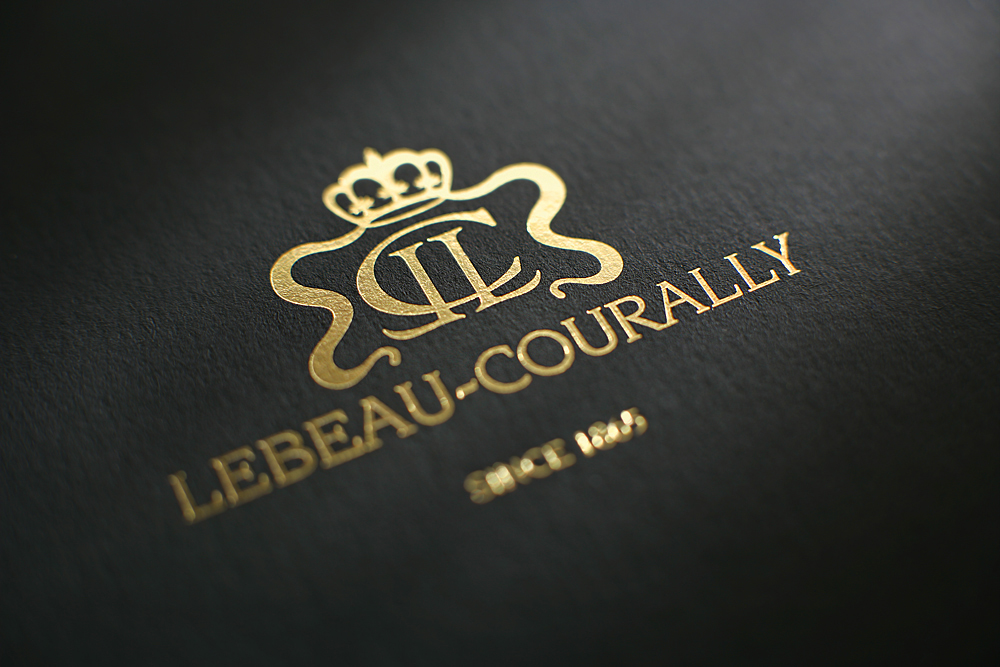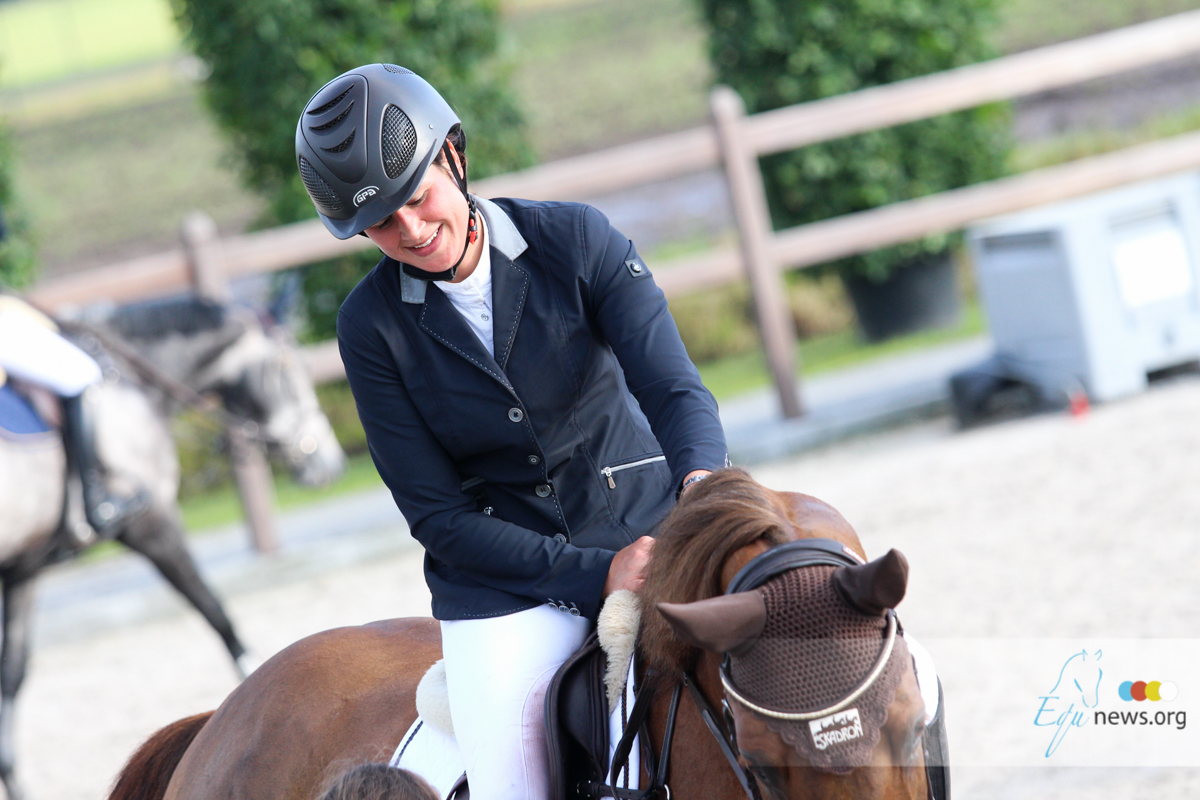We live a stressful life. Sometimes we are frustrated, sometimes happy or just sad... but when we are with our horses everything seems to be forgotten. Even wondered why we feel so good when surrounded by our beloved pet? Well even Winston Churchill felt it: 'There is something about the outside of a horse that is good for the inside of a man'. But why? There are different theories about the therapeutic and psychological value of horses. The first dating back to Hippocrates' time in 460 BC. According to the Greek philosopher horses have a healing rhythm. They move in a gracious way, good for the development of our muscles. Riding horses is all about relaxing the muscles and working on a good seat. Both very important for people with physical problems. That is also why equestrian therapy, designed and developed for people with physical disabilities, and equitherapy have positive results. The horses seem to have a magic result on disabled people. What the exact reason might be is yet unknown. Also mentally disabled persons can have an advantage of working/ relaxing with horses. Alzheimer patients seems to 'forget' there disease when surrounded by horses. A possible explanation we relax in the neighborhood of a horse is their body temperature. They are warm and soft, remember our teddy? You might compare the feeling. As a social animal, people are social, they look for comfort and warmth... that is exactly what horses have to offer! However this theory is not the only one. There is also something called as Biphilia Hypothesis. People feel attracted to nature. It is a restpoint from the daily routine and worries. Within this theory horses could reflect nature... a rest point in a busy life. But why? Horses have been an important part of our past. They helped us in cultivating our civilization, in wars, etc. But even more horses are social animals, such as humans. Horses are open to have contact and learn from other animals. That is also the reason we can ride them. A training can give you a horse that would do anything for its 'human' (rider/ owner, etc.).
Why we feel good around horses
-
categories: Lifestyle



